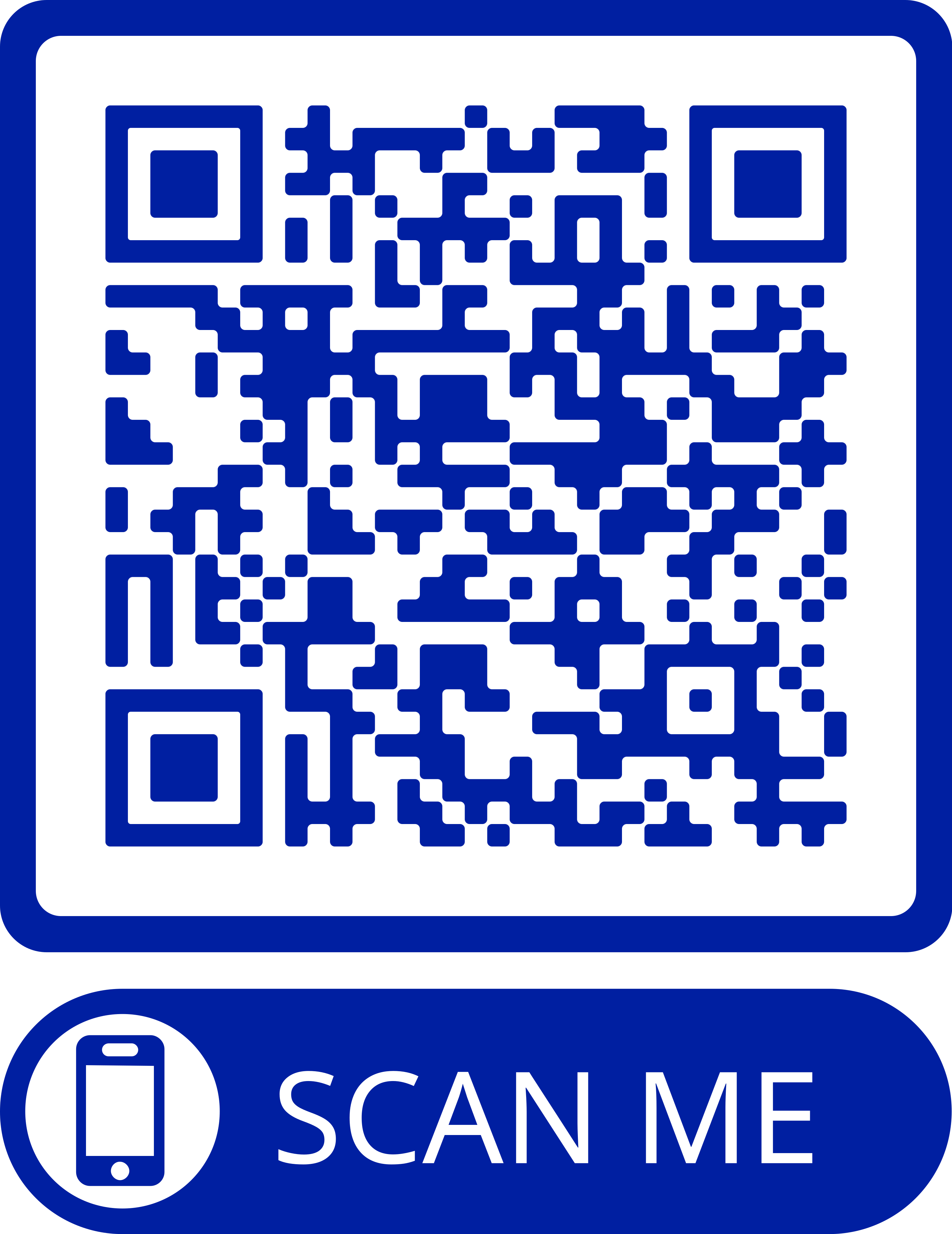- Reference Number: HEY1110/2020
- Departments: Haematology
- Last Updated: 31 May 2020
Information for Patients and Carers

Ambulatory Care contact numbers
If you need help or advice at any time please call:
Ward 33 Queen’s Centre tel: 01482 461041 / tel: 01482 461133
Introduction
This leaflet has been produced to give you general information. Most of your questions should be answered by this leaflet. It is not intended to replace the discussion between you and the healthcare team, but may act as a starting point for discussion. If after reading it you have any concerns or require further explanation, please discuss this with a member of the healthcare team.
What is Ambulatory Care?
Ambulatory Care allows you to have a variety of treatments, including chemotherapy, without having to stay in hospital overnight.
Depending on your health, rather than staying in hospital as an inpatient for your treatment, you may have some of your treatment commenced on Ward 33 and may be able to go home with an ambulatory pump to deliver the remainder of your treatment.
Can I stay at home during my treatment?
Many patients are able to sleep at home for the night. This depends on the type of treatment you will be having and your consultant must also agree and consent you to this.
To stay at home you must:
- Live within 60 minutes travel time to the Queen’s Centre (according to AA route planner).
- Have a relative or friend who is able to drive you to the hospital at any time, day or night if you are unable to do so.
- Have a mobile phone so we can contact you at any time or you contact us.
What advantages does Ambulatory Care offer me?
You will continue to have and receive full access to nursing and medical care. Staying at home offers you a comfortable environment in between your daily treatment.
- We hope staying at home will give you more privacy, independence and help you continue with a more normal home life.
- You will receive the same treatment as a patient on an inpatient ward.
- Your treatment will be given through a small portable pump called a CADD pump (Continuous Ambulatory Delivery Device), which you carry in a specially designed rucksack or bumbag. This will allow you to continue daily life away from the hospital.
Car Parking
There is a drop off zone available at the front of the main entrance of the Queen’s Centre in the event of an emergency or if you are unwell.
Your first visit to the Ambulatory Care Unit
During your first visit we will make sure you fully understand how your treatment is given, the possible side effects of the treatment and what to do if you become unwell. We will also explain the arrangements for giving ambulatory chemotherapy, how the chemotherapy pump works and provide you with information about the pump. This is an opportunity for you to ask any questions and make sure you are happy with the arrangements.
What happens when I attend for treatment?
You will be given an appointment time to attend the ward on each occasion.
- You will be assessed by a nurse. The assessment will include your temperature, pulse, blood pressure, weight and a physical assessment.
- Please tell your nurse if you have any of the following symptoms: nausea (feeling sick), vomiting (being sick), diarrhoea and fatigue (tiredness).
- You will have a blood test.
- Other investigations may be carried out, e.g. urine analysis, stool sample, chest X-ay.
- You will have the prescribed chemotherapy treatment and additional intravenous fluids, blood or platelet transfusions if required.
- You will be seen by a nurse or doctor each day.
What happens if I need help out of hours?
- For issues related to the chemotherapy pump, contact the Ambulatory Care Unit Ward 33: tel: 01482 461016.
- For any other issues, contact Queen’s Centre for Oncology and Haematology Hotline Cancer Assessment Unit, Monday to Friday 8.00am to 7.00pm: tel: 01482 461098; Outside of these hours telephone tel: 01482 875875 and ask for Bleep 500
What happens if I become unwell whilst at home or have problems with the chemotherapy pump?
It is essential that you speak to a nurse if you develop any of the following symptoms whilst at home:
- Shivers or hot flushes
- Temperature close to or above 38 degrees
- Persistent episodes of vomiting and / or diarrhoea
- Shortness of breath or difficulties with your breathing
- Redness or pain around your line
If you need to be admitted to the hospital the nurse will arrange this for you.
What should I do in an emergency?
- An emergency is any urgent situation where you require immediate medical and nursing assistance.
- If you require immediate medical attention:
- Call 999 immediately
- State your symptoms and location
- If you have a carer / companion staying with you they should also call Ward 33
Follow Up Care
When you complete you cycle of ambulatory chemotherapy you will be given a patient chemotherapy record book outlining:
- Your current cycle of treatment
- What to do and who to call once you have been discharged from the ambulatory care unit, Ward 33
- Your next clinic appointment and your next cycle of chemotherapy dates
A space for your questions and notes
………………………………………………………………………………………………………………………………………………………………………………………………………………………………………………………………………………………………………………………………………………………………………………………………………………………………………………………………………………………………………………………………………………………………………………………………………………………………………………………………………………………………………………………………………………………………………………………………………………………………………………………………………………………………………………………………………………………………………………………………………………………………………………………………………………………………………………………………………………………………………………………………………………………………………………………………………………………………………………………………………………………………………………………………………………………………………………………………………………………………………………………………………………………………………………………………………………………………………………………………………………………………………………………………………………
General Advice and Consent
Most of your questions should have been answered by this leaflet, but remember that this is only a starting point for discussion with the healthcare team.
Consent to treatment
Before any doctor, nurse or therapist examines or treats you, they must seek your consent or permission. In order to make a decision, you need to have information from health professionals about the treatment or investigation which is being offered to you. You should always ask them more questions if you do not understand or if you want more information.
The information you receive should be about your condition, the alternatives available to you, and whether it carries risks as well as the benefits. What is important is that your consent is genuine or valid. That means:
- you must be able to give your consent
- you must be given enough information to enable you to make a decision
- you must be acting under your own free will and not under the strong influence of another person
Information about you
We collect and use your information to provide you with care and treatment. As part of your care, information about you will be shared between members of a healthcare team, some of whom you may not meet. Your information may also be used to help train staff, to check the quality of our care, to manage and plan the health service, and to help with research. Wherever possible we use anonymous data.
We may pass on relevant information to other health organisations that provide you with care. All information is treated as strictly confidential and is not given to anyone who does not need it. If you have any concerns please ask your doctor, or the person caring for you.
Under the General Data Protection Regulation and the Data Protection Act 2018 we are responsible for maintaining the confidentiality of any information we hold about you. For further information visit the following page: Confidential Information about You.
If you or your carer needs information about your health and wellbeing and about your care and treatment in a different format, such as large print, braille or audio, due to disability, impairment or sensory loss, please advise a member of staff and this can be arranged.

